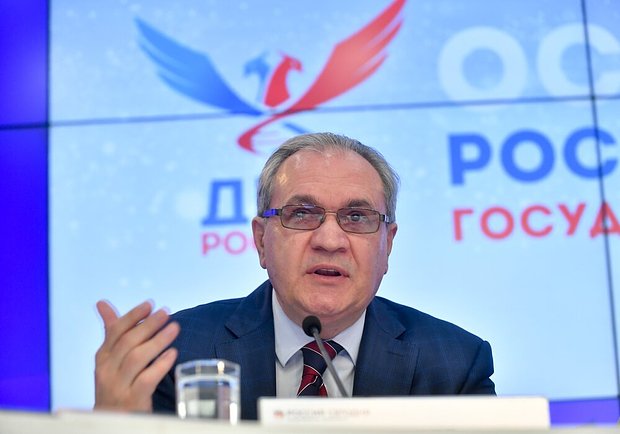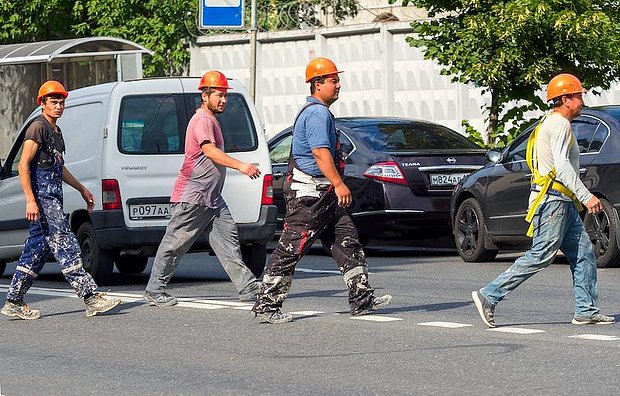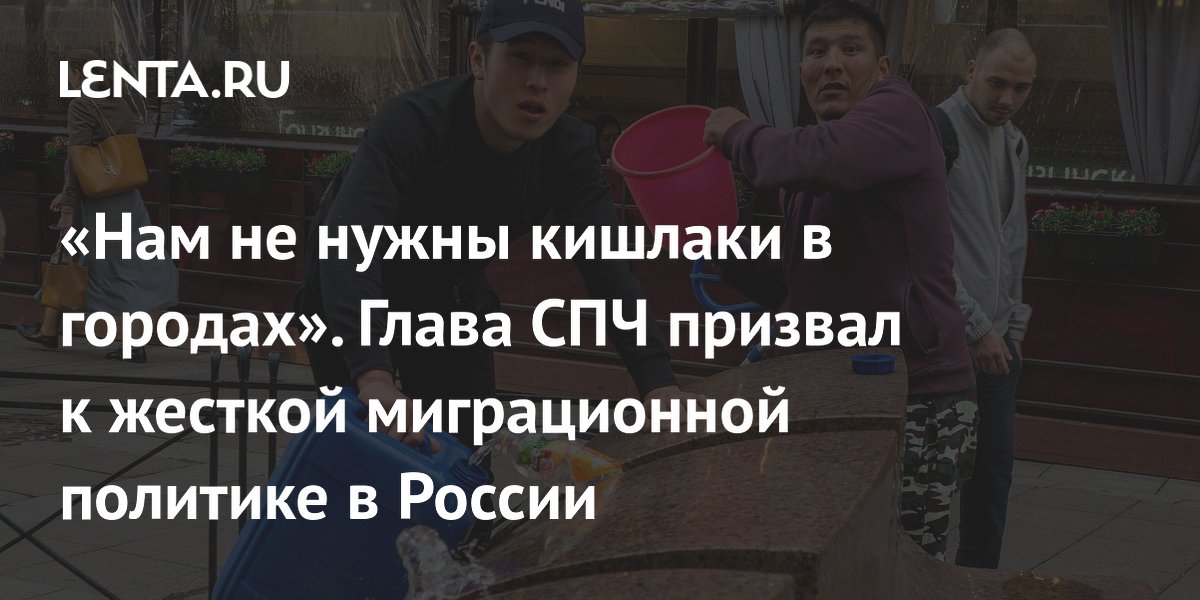[ad_1]
The head of the Human Rights Council Valery Fadeev warned against “villages” in Russian cities
Chapter Human Rights Council (HRC) under the President of the Russian Federation Valery Fadeev spoke outwhat, in his opinion, migration policy in Russia should be.
He called for the country to be open to receiving migrants, but the rules for accepting and issuing passports should be very strict.
We need people who can live with us, and not organize villages inside our cities
At the same time, he clarified that there are no estimates that would reflect the number of such “villages” and migrant ghettos. And when asked in which regions the problem of ethnic enclaves is most painful, he gave the example of the Kaluga region and specifically Obninsk. According to Fadeev, there are a lot of migrants there; in some school classes, more than half are children of newcomers.
Fadeev named the necessary procedure for a migrant’s arrival in the Russian Federation
Also Fadeev called to ensure that a labor migrant comes to Russia only through a contract with an employer concluded for a certain period, and in case of violation of the terms of the contract, he is expelled from the country.

Valery Fadeev. Photo: Sergey Kiselev / AGN “Moscow”
However, he pointed out that no one knows how many migrants Russia needs. “They say that we need a lot of migrants, without migrants the whole economy will stop. My question is: how many migrants do you need? How much does it weigh in grams? Can you name the number? The figure has not yet been announced,” the head of the Human Rights Council said, considering that it will be the employers, when they are given such responsibility, who will say how many workers are actually needed.
The head of the Human Rights Council acknowledged possible problems in the event of a ban on admitting migrant children to schools
Talking about billwhich implies a ban on the admission of migrant children to Russian schools if they do not know the Russian language, Fadeev admitted that if it is adopted, there may be “negative side effects”: there will be people who did not go to school and are not socialized in Russian society.

Photo: Evgeny Pavlenko / Kommersant
“But this does not mean that we have to stand still. It is necessary to organize training centers as quickly as possible,” the head of the HRC also indicated, pointing out that training will require teachers who speak, for example, Tajik or Uzbek. He called for this issue to be resolved quickly.
This bill will be considered in State Duma in the first reading on December 10. It involves mandatory verification of the legality of the child and his parents’ presence on the territory of Russia, as well as the level of language proficiency of minors. Speaker of the State Duma Vyacheslav Volodin pointed out that in the last academic year, out of 18 million children, more than 200 thousand migrant children studied in Russian schools.
[ad_2]
Source link

Leave a Reply